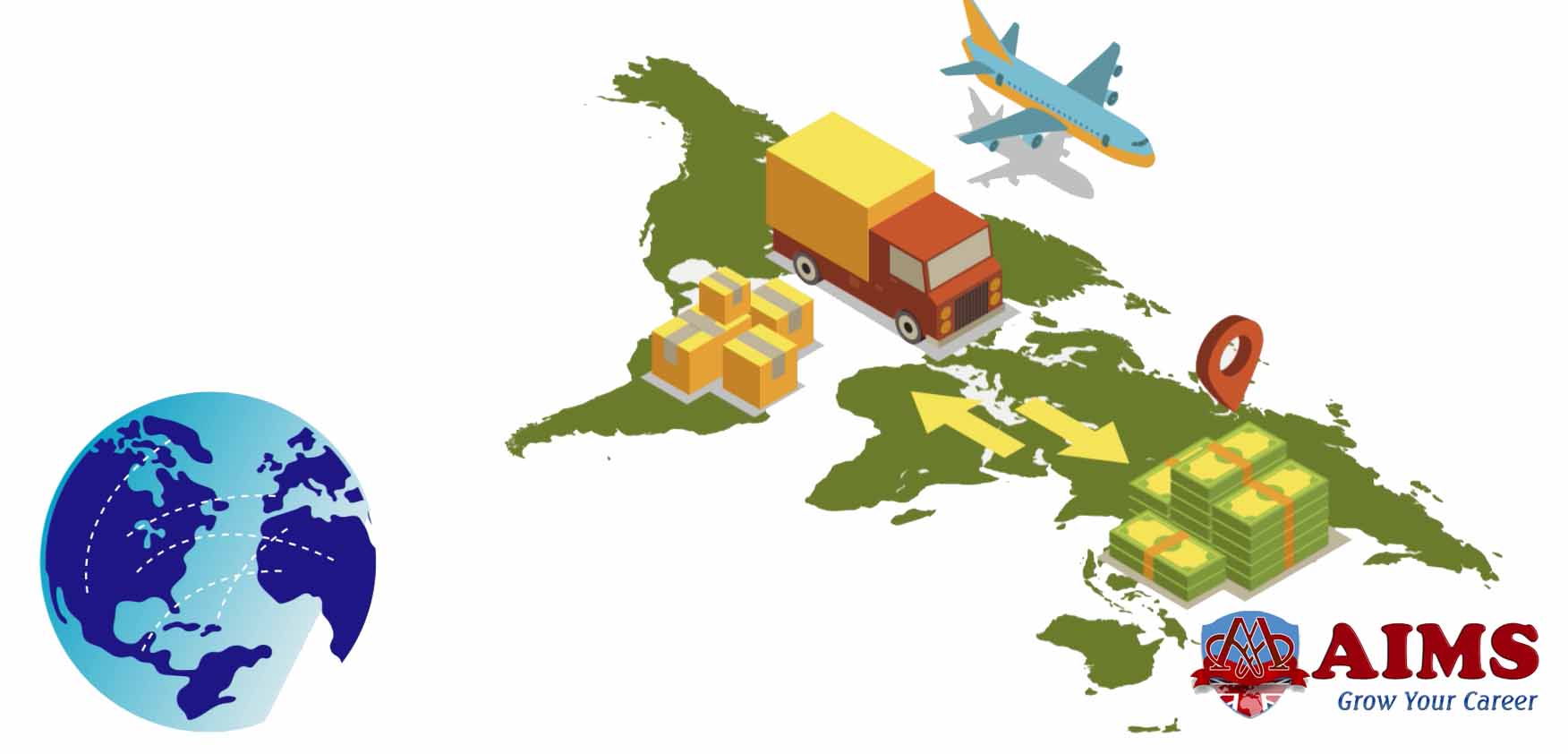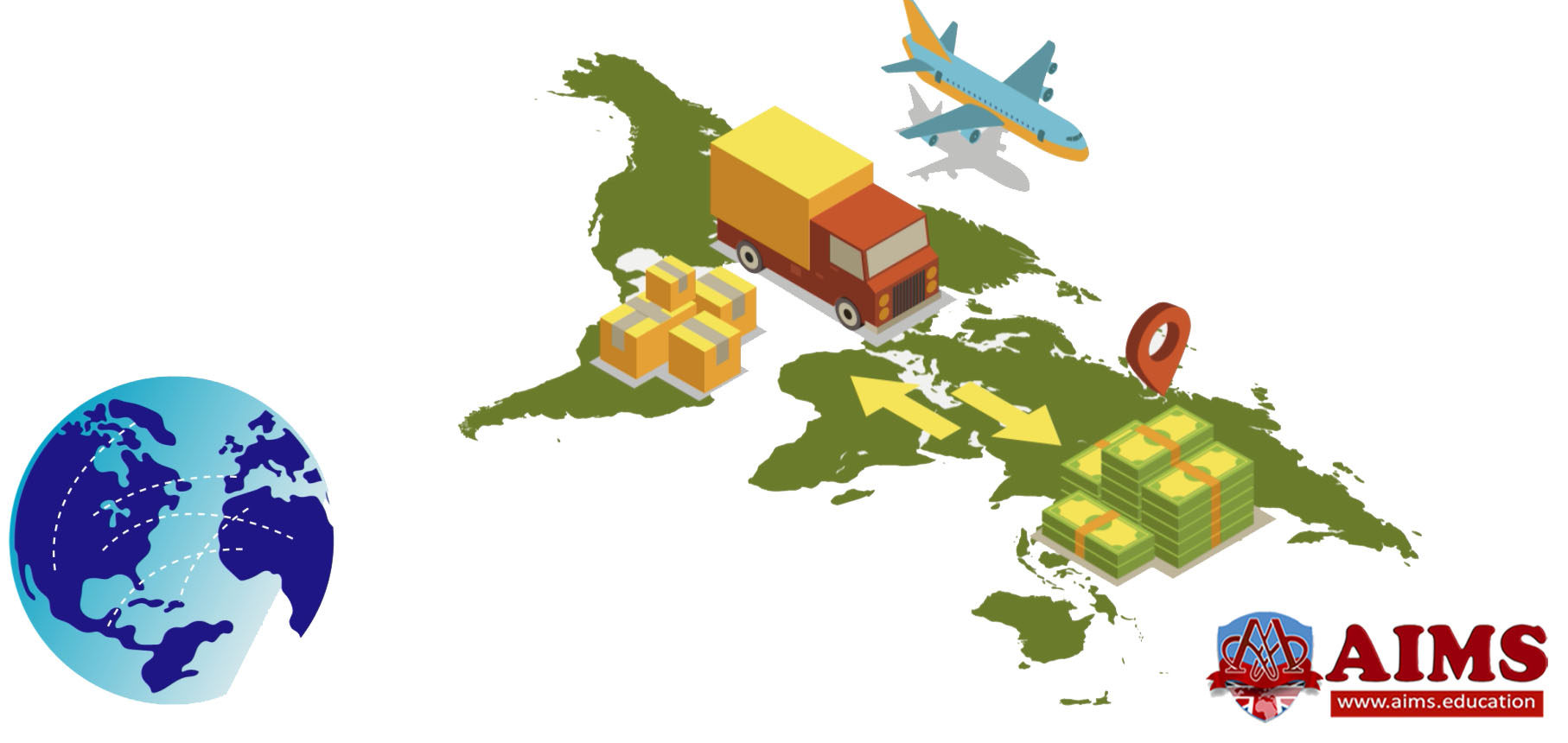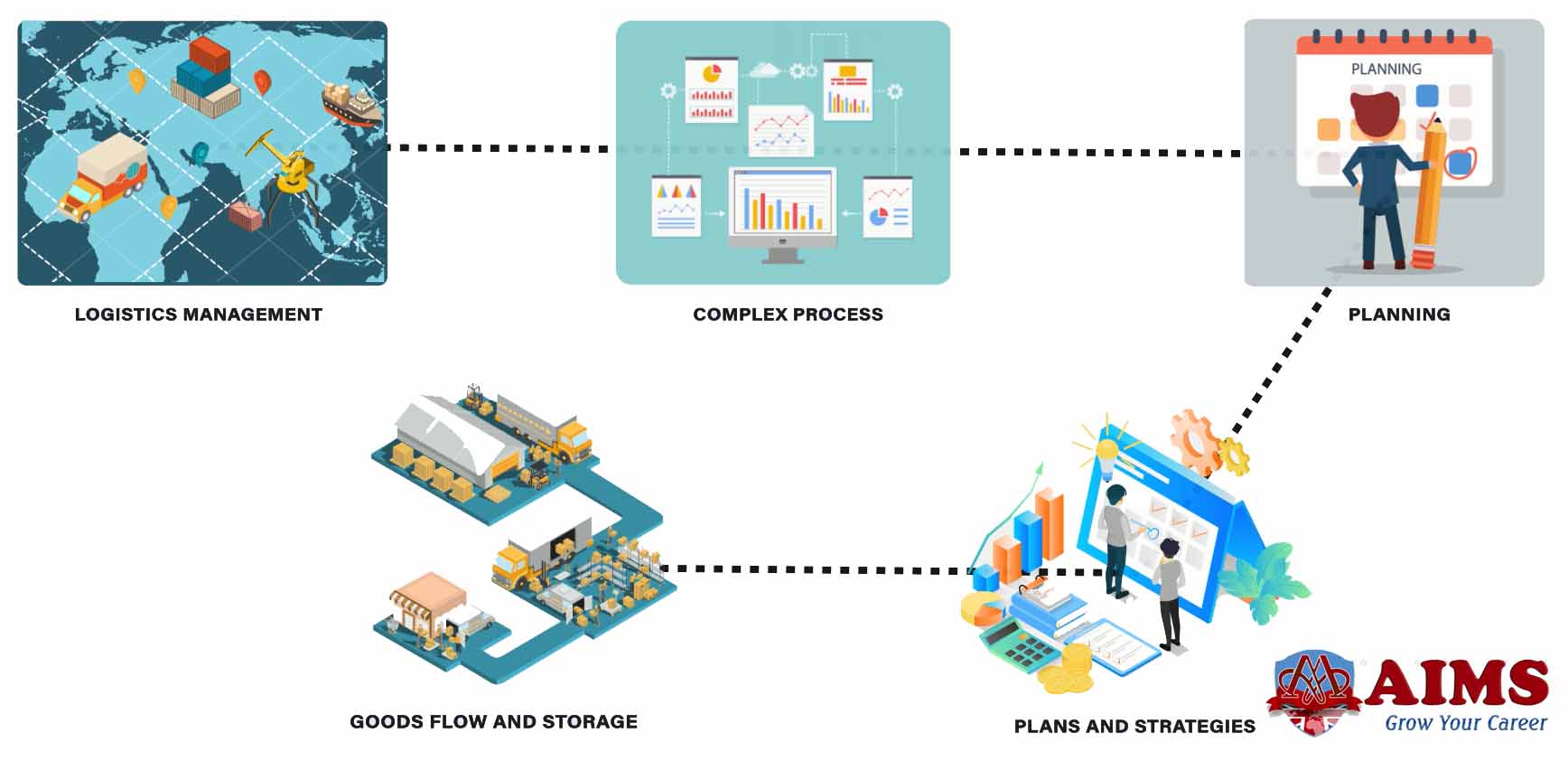International Supply Chain Management:
International supply chain management makes reference to the management or control of both physical and information flow concerning a wide variety of goods, tracking them from the point of their origin until they reach their destination. The management of the international supply chain is done with the help of a number of tools, which provide support when it comes to planning and implementing the set plans for the efficient flow of the supply chain.

International Supply Chain Definition:
Its’ definition is similar to the one of supply chain management, which is the management of the flow involving goods or services, represented by transportation and storage, inventory, and shipping schedules, beginning with the acquisition of raw materials to providing the final product to the end consumer. In the case of International SCM, this flow assumes the involvement of at least one company from abroad, with the purpose of creating a network composed of trans-national companies.
Why the Demand for International SCM is Growing?
The globalization phenomenon erased a lot of borders when it comes to moving goods, materials, and services around the world. Today, anyone can purchase goods that come from countries they never saw before, which may be at the other end of the globe, without a problem. Also, companies can outsource a wide variety of tasks to companies across the seas and get their primary materials for the manufacturing of their products from suppliers that are not from their home country.
“Having all these aspects in mind, it is easy to understand that the demand for international supply chain management increased in a considerable manner in the past years. This particular trend is not about to stop, as end customers are learning that geographical borders are inexistent when it comes to getting the products they need.”
Key Note!

Significance of Supply Chains in International Businesses:
International Business has a lot of gain from International Supply Chain Management because it stimulates the growth of various economies, it helps in the improvement of standards of living, helps with the creation of new jobs, answers to the needs of people, and improves customer services. All of these aspects grow and improve together with the development of local markets, which are boosted by International Supply Chain Management.
Operational Issues with International Supply Chain:
The International Supply Chain is not a perfect entity and issues can always emerge, and several methods are used such as agile supply chain management and lean supply chain management. The most frequently meet operational issues can appear in sectors like inventory, transportation, sourcing, marketing, green logistics (which aims to protect the environment and reduce consumption connected to logistics), and the operations connected to consumers’ behavior.
International supply chain management is discussed in more detail in the executive MBA Supply chain management and international Diploma in Logistics and Transport programs, which are offered by AIMS through an online and interactive learning system.

5 Key Characteristics of International Supply Chain Management:
Optimization of Inventory:
It makes sure that ideal amounts are available at all times.
Flexibility:
As the supply chain is capable of adapting to changes in the market and other factors that may influence it;
Fast Fulfillment of Customer Needs:
Which became more and more important as people around the world prefer using their mobile devices as a faster way to find and get what they need;
Customization:
This means that the supply chain will be adjusted so that it will be capable of meeting the demands of the clients;
Sustainability:
Atrend that is becoming increasingly prominent in the International Supply Chain Management, having in mind that fossil fuels are a finite good and they have to be used in a smart manner while considering the use of renewable fuels.

International Logistics Management:
International logistics is the coordination of a supply chain to meet a country’s needs and deliver goods to consumers at the lowest cost. This can include everything from coordinating transportation between suppliers and factories, to ensuring that shipments are received on time in the destination country.
In general, two types of logistics exist:
- International Logistics involves coordinating the movement of goods from one country to another
- Domestic Logistics involves moving goods within a single country.
For example, international logistics involves coordinating transportation between countries to ensure that products arrive safely and on time. Domestic logistics involves moving goods between warehouses or other storage locations within a single country.
- International logistics is also known as cross-border logistics or global trade.
- It can be challenging, particularly when there are cultural differences between countries involved in the supply chain.
- For example, it can be difficult for suppliers to understand what is required for customs clearance for each individual shipment.
- This can also lead to delays if not controlled properly.
“International logistics management is a complex process that involves planning, implementing plans and strategies, and controlling goods flow and storage, from the point of their origin to the point where they will be consumed, which is in a foreign country, according to The Council of Logistics Management.”
Key Note!

5 Key Characteristics of International Logistics Management:
International logistics management is a specialized field that involves ensuring the efficient and safe flow of goods through all stages of transport, from production to delivery. Here are some of its key advantages:
- It involves coordinating the movement of goods from origin to destination, as well as ensuring that they are handled with care and maintained in good condition throughout their journey.
- It also involves performing inspections and audits to ensure compliance with safety standards and other regulations and making sure that shipments arrive at the right place at the right time.
- International logistics can help companies reduce transportation costs by optimizing routes and routes, as well as by reducing transit times and duplication of shipments.
- It can also help companies to reduce theft risks and improve security by sending containers directly to certain locations rather than through a network of intermediaries.
- It is also an important part of international supply chains, which can help companies to mitigate risks by reducing delays in shipments caused by factors such as weather and customs inspections.
